The rise of artificial intelligence (AI) is creating a historic turning point, forcing nations to answer unprecedented questions about technology ethics, safety and responsibility.
As AI systems become more powerful, faster, and more autonomous, the line between benefits and risks becomes increasingly blurred.
The panel discussion “AI for humanity: AI ethics and safety in the new era” at VinFuture Week 2025 took place at the right time, becoming a space for the world to look back at how humanity is facing a technology that is no longer within the borders of any country.
From an analytical perspective, the conference is not just a place for academic exchange. It is an indication that Vietnam – a dynamic market with a rapid digitalization speed – is entering the global AI governance game, where value standards, legal corridors and ethical vision are as important as the technology itself.
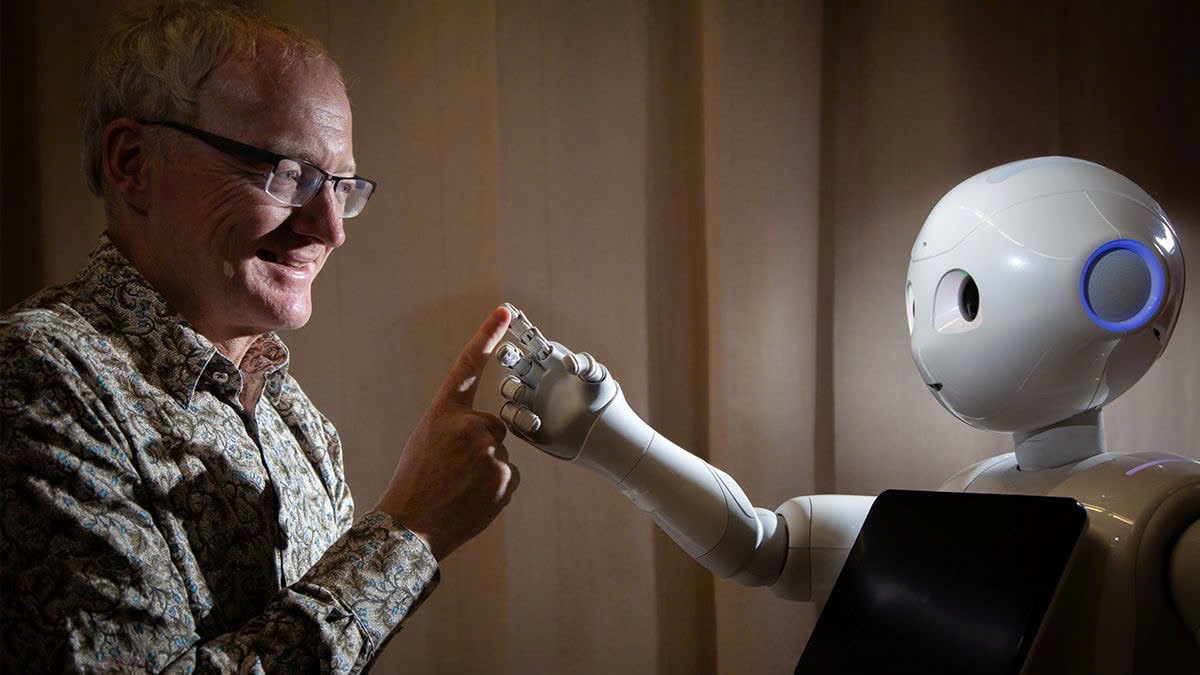
AI Ethics: From “Barrier to Innovation” to Foundation for Sustainable Development
For many years, ethics has been seen as a barrier to technological innovation. However, as Professor Toby Walsh – one of the most respected voices in the field of AI – asserts, ethics is the condition for innovation to take place sustainably, safely and predictably.
His argument is based on reality: AI models increasingly scale data, automate decision-making, and directly influence humans in ways that even developers cannot fully control.
When algorithms can analyze, evaluate, predict, and make decisions on behalf of humans, a lack of ethical standards is no longer a technical risk — it is a social risk.
Recent incidents around the world demonstrate this: biased AI in hiring, recommendation models causing social polarization, self-driving algorithms failing in uncertain situations… each example shows that AI ethics is not just a matter of “theory”, but the minimum requirement to maintain public trust.
In this context, the question of whether AI should be slowed down or not becomes obsolete. What humanity needs is not to slow down, but to move in the right direction.
AI risks have no borders – why are countries forced to cooperate?
Professor Edson Prestes raises an important warning: any AI system developed in one country can spread globally in a matter of hours through digital platforms. This creates an inconvenient truth: AI risks are cross-border risks, and no country can “close its doors” to protect itself.
We have seen many precedents: A news ranking algorithm creates an “information loop” effect in dozens of countries. A biased facial recognition system affects millions of users globally.
A leaked language model has consequences across multiple markets, so individual country regulations will not suffice.
Experts agree that international cooperation is key. This is especially important when AI is becoming the new infrastructure of every economic sector: finance, health, education, defense, public administration...
The world needs common standards – similar to aviation or cybersecurity – to avoid vulnerabilities that can spread and cause damage on a large scale.
This requires countries to get involved in the game, rather than waiting for the technology to take shape and then adjusting.
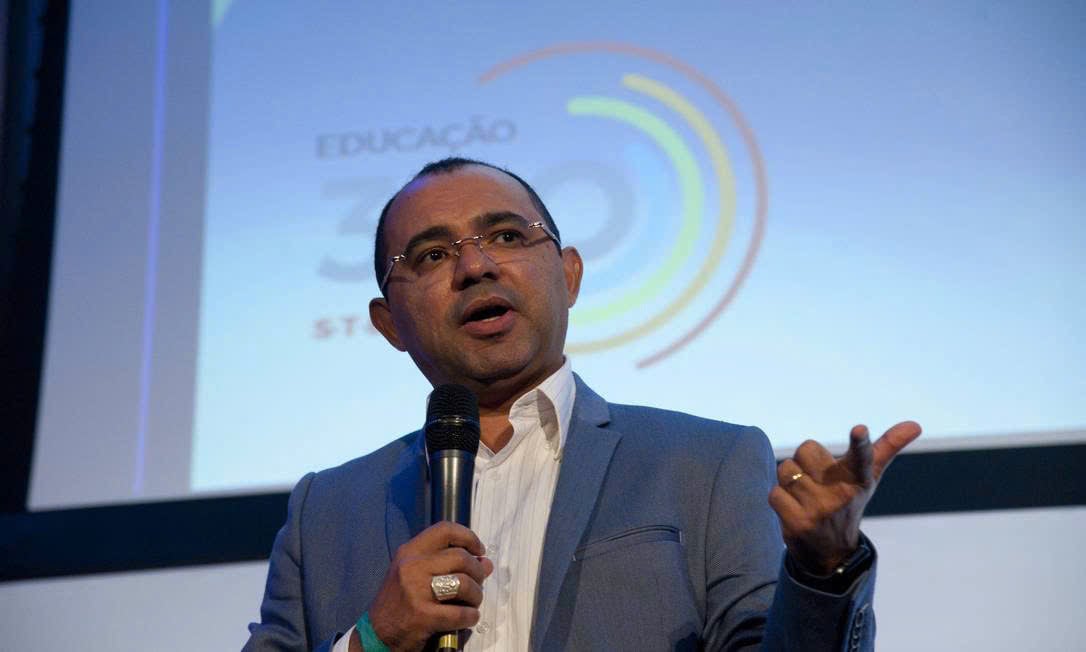
Vietnam emerges as a “bright spot” on Southeast Asia’s AI ethics map
From a policy perspective, Professor Walsh's comments on Vietnam have many strategic implications. Vietnam is not a large-scale AI development center like the US or China, but it has unique advantages such as a young population, strong demand for digitalization, the fastest digital transformation speed in government and businesses in the region, a growing AI startup ecosystem, and an open policy with sandbox testing.
These factors put Vietnam in a unique position: it may not be a leader in core technology, but it could be a leader in creating ethical frameworks and ways of dealing with AI – similar to how Estonia leads in digital government despite not being a technology powerhouse.
Experts assess that Vietnam is meeting three rare conditions: Large internal demand - large population, strong transformation of public services, rapid digitalization of enterprises; Fast and decisive policy speed - from VNeID to 12 national databases, from open data to resolutions on AI safety; National aspirations - digital economic growth, development of AI human resources, attracting international experts.
If Vietnam shapes a suitable set of ethical standards and governance model, it can become a reference model for ASEAN — where other countries look to build their own systems.
VinFuture 2025: where Vietnam shows its role as a "voice contributor" in the global AI game
The panel discussion “AI for Humanity: AI Ethics and Safety in the New Era” is not just about science. It sends a clear message: Vietnam wants to join the global discussion on the future of AI.
In the context of international legal frameworks such as the EU AI Act, OECD AI Principles or G7 Hiroshima AI Guidelines being formed, it is necessary for Vietnam to appear in prestigious scientific forums to: protect national interests, participate in shaping standards, learn from international experiences and build a policy voice in the region.
VinFuture is an ideal destination because it gathers leading scientists, creates a high-quality exchange environment, and is not subject to political pressure like traditional international conferences.
This is also where Vietnam can introduce the “human-centered” approach to AI, which is a trend among democracies and emerging economies.
This year's discussion focused on three strategic questions: How will AI change the world? What values should be encoded into AI to ensure fairness? How can AI be developed to serve the common good of humanity? These are not only questions for scientists, but also questions for every country facing a new wave of technology.
Professor Prestes emphasized a cold reality: a country that only uses technology will always be dependent; a country that develops technology will be independent and able to protect its own values.
This leads to two important recommendations for Vietnam: One is to participate more deeply in the development of core AI technology. It is not necessary to compete with Big Tech, but Vietnam needs to develop specific models, algorithms, and applications to serve domestic needs including: e-Government, smart education, preventive medicine, disaster risk management, and smart agriculture. Two is to proactively build national AI ethics standards.
This could be based on principles of transparency, data privacy, non-discrimination, system security and accountability.
If Vietnam does well, this standard can become a reference document for ASEAN – similar to our country's leading role in the regional digital transformation framework.
The panel discussion “AI for humanity: AI ethics and safety in the new era” has the participation of the world's leading speakers and scientists:
● Associate Professor César de la Fuente, University of Pennsylvania, USA — Alfred Sloan Research Fellowship (2025). He is among the top 1% of the world's most cited researchers in the field of interdisciplinary research;
● Associate Professor Luu Anh Tuan, Nanyang Technological University, Singapore, Executive Director of the Artificial Intelligence Research Center at VinUni University, Vietnam;
● Prof. Edson Prestes, Federal University of Rio Grande do Sul, Brazil, Head of the Non-Robotics Research Group and Researcher of the Brazilian National Research Council for Scientific and Technological Development (CNPq), member of the Global Commission on Responsible AI in the Military Sector;
● Prof. Leslie Gabriel Valiant, FRS, Harvard University, USA, AM Turing Award Winner (2010), VinFuture Prize Council Member;
● Professor Toby Walsh, ARC Honorary Scholar and Scientia Professor of AI at UNSW Sydney, Australia, Scientific Director of UNSW.AI, UNSW's Interdisciplinary AI Institute;
Video presentation:
● Prof. Yoshua Bengio, Université de Montréal, Co-Chairman and CEO of LawZero, Founder and Scientific Advisor of the Mila AI Institute – Quebec, Canada, member of the United Nations Science Advisory Council on Breakthroughs in Science and Technology; Co-Recipient of the VinFuture 2024 Grand Prize;
● Dr. Vinton Gray Cerf, Google, USA, one of the “fathers of the Internet”; co-Recipient of the VinFuture 2022 Grand Prize;
Prof. Geoffrey Hinton, University of Toronto, Canada, Winner of the 2024 Nobel Prize in Physics and honored as the “Father of AI”; Co-Winner of the 2024 VinFuture Main Prize;
Source: https://vietnamnet.vn/nhung-bo-nao-xuat-sac-nhat-the-gioi-dang-chuan-bi-do-bo-viet-nam-2465795.html




![[Photo] Next to the "mountain of trash" after the flood, Tuy Hoa residents strive to rebuild their lives](/_next/image?url=https%3A%2F%2Fvphoto.vietnam.vn%2Fthumb%2F1200x675%2Fvietnam%2Fresource%2FIMAGE%2F2025%2F11%2F24%2F1763951389752_image-1-jpg.webp&w=3840&q=75)



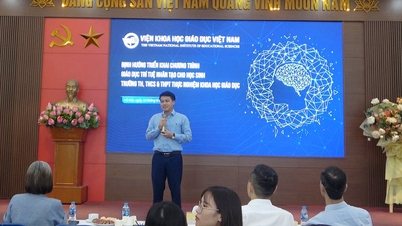

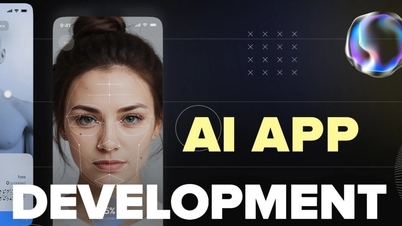
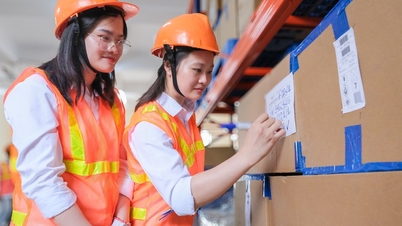

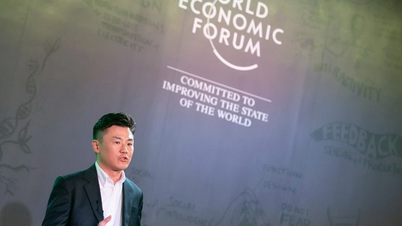

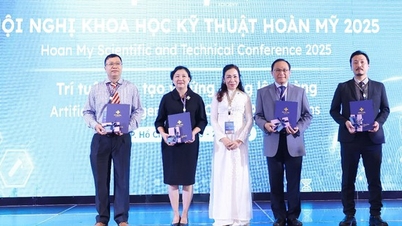

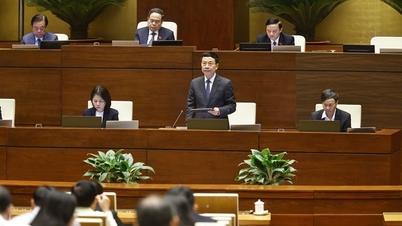

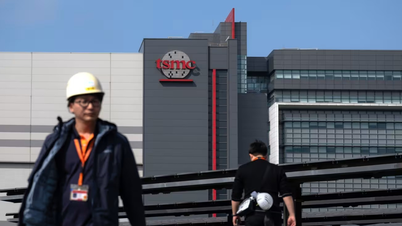
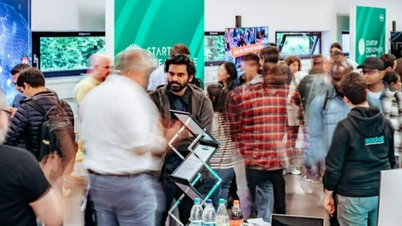
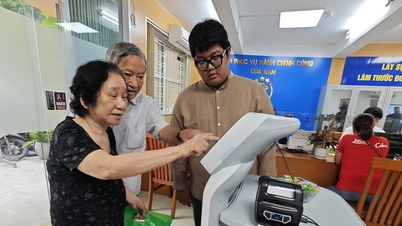
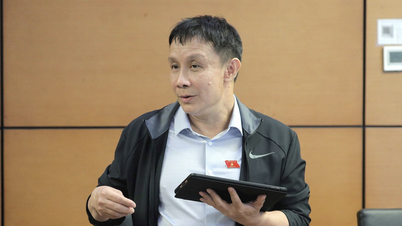

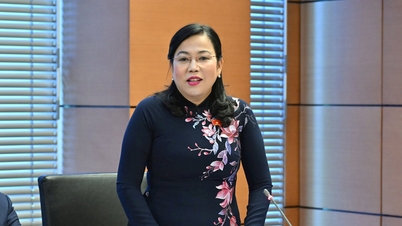
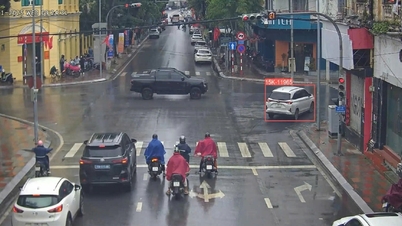





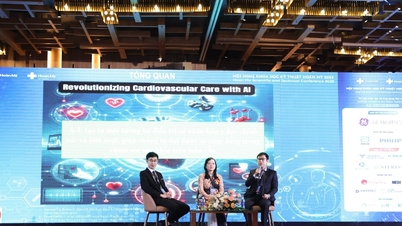

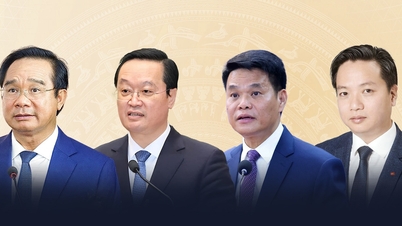
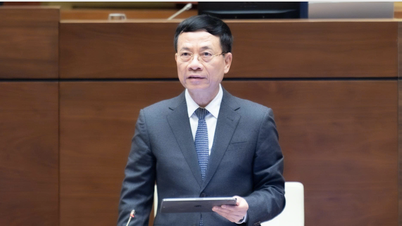




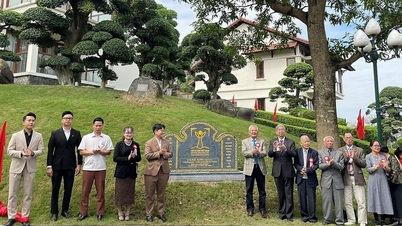


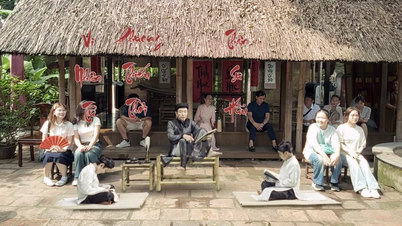
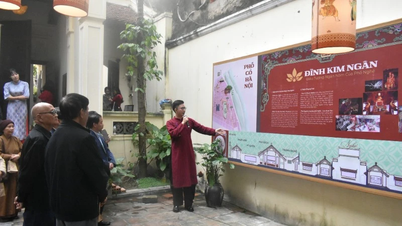







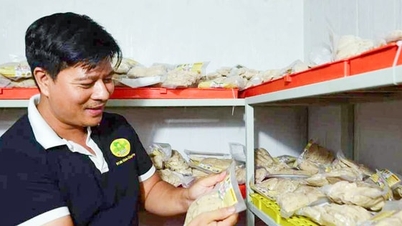





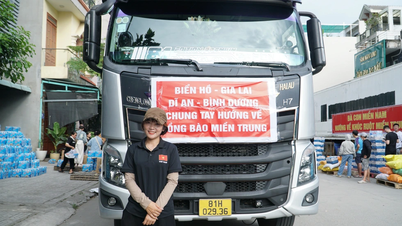



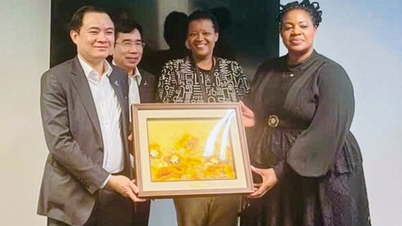
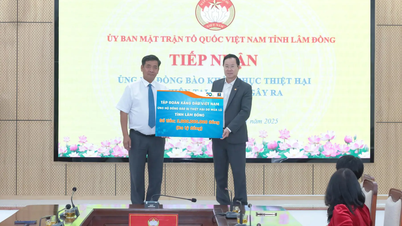


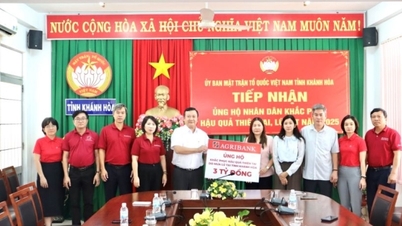







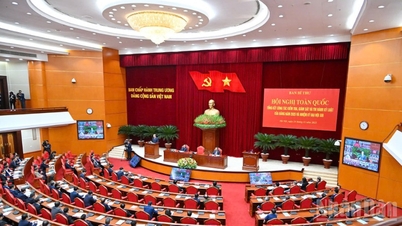

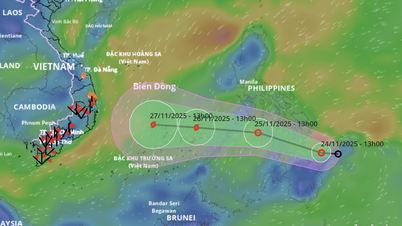
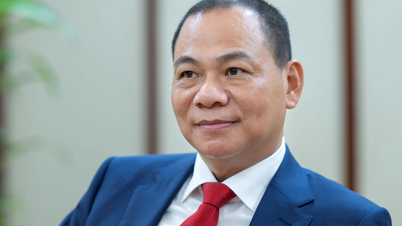
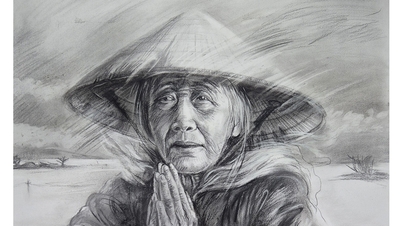
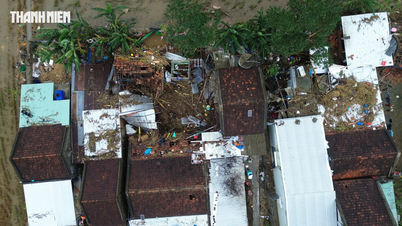


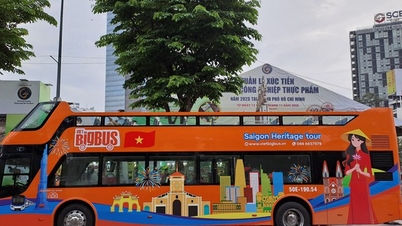

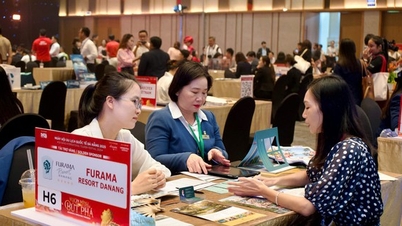

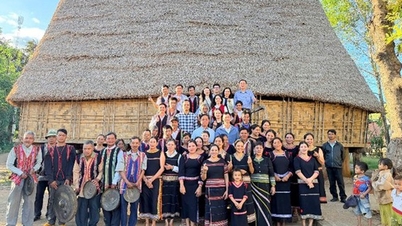
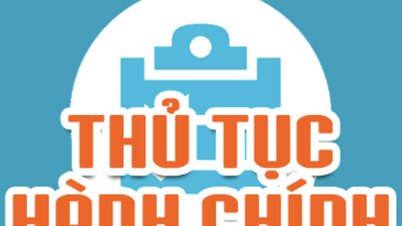
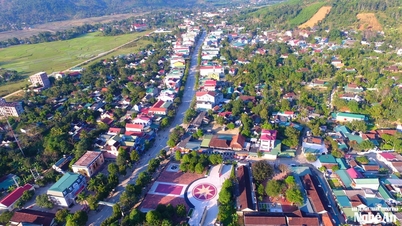
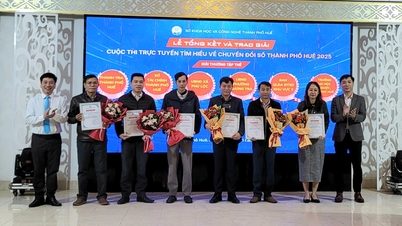

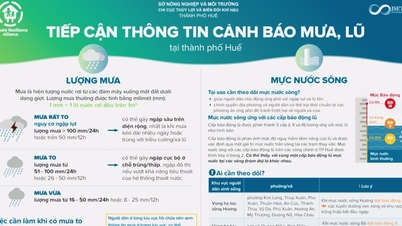
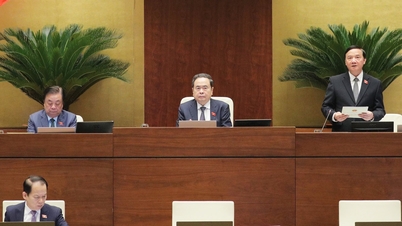
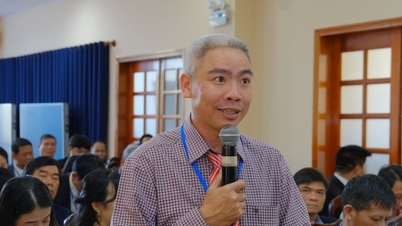
















Comment (0)